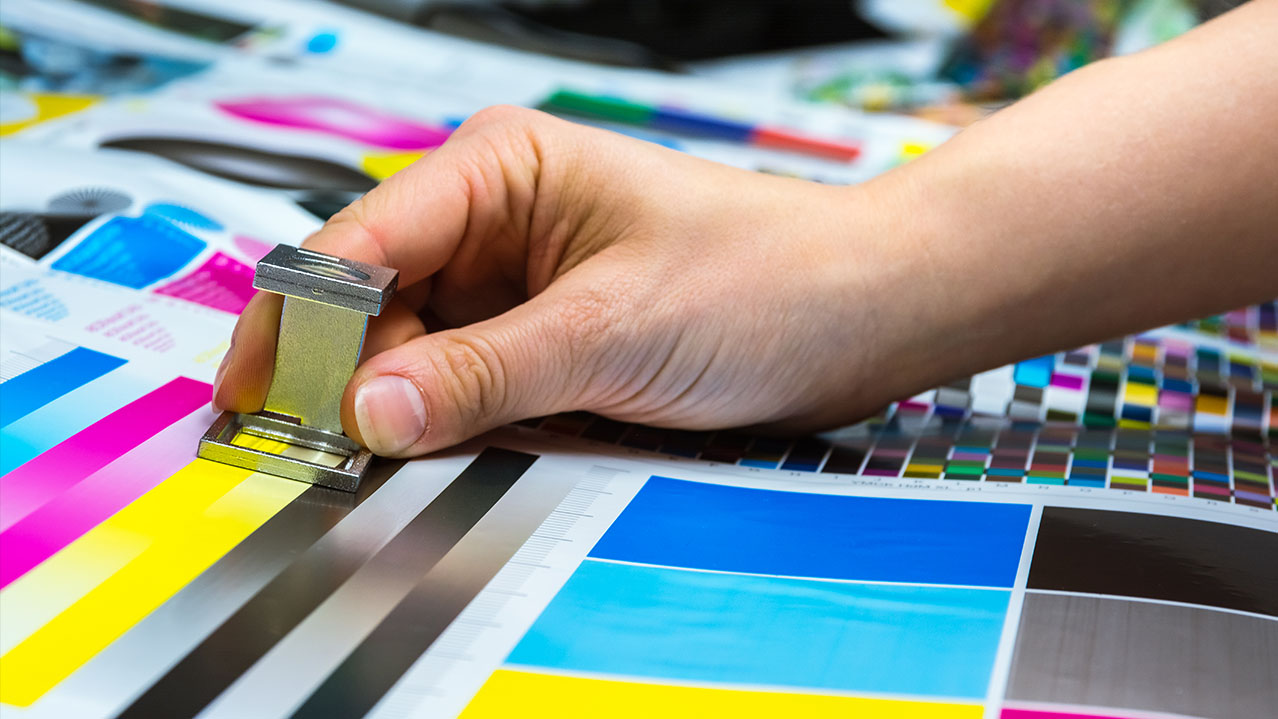Top-Tier litho printing Services for Exceptional Results
Top-Tier litho printing Services for Exceptional Results
Blog Article
A Comprehensive Guide to Comprehending Litho Printing Techniques
The globe of litho printing, a method originating from the late 18th century, is a remarkable blend of background, science, art and innovation. This extensive overview will certainly decipher the complexities of this printing approach, from the structure of litho inks to the obstacles encountered in contemporary applications. As we venture right into the details of lithography, the value of automation and sustainability in guaranteeing its future relevance comes to be significantly clear. Remain with us as we journey right into the captivating world of litho printing.
The Historical Development of Litho Printing
The historic trajectory of litho printing, a pivotal innovation in the realm of communication, is an exciting story of human resourcefulness. Birthed in the late 18th century by Alois Senefelder, this strategy was initially an economical technique of publishing theatrical jobs. Lithography, originated from the Greek words for 'stone' and 'to compose', made use of a smooth rock surface area to move photos onto paper. The procedure advanced with the advent of the rotary press, which significantly boosted efficiency (litho printing). In the 20th century, the advancement of countered lithography transformed the market, allowing for automation of premium prints. Each phase of litho printing's development showcases humanity's relentless pursuit of performance and quality in visual interaction.
Decoding the Scientific Research Behind Litho Printing Inks
Progressing in the expedition of litho printing techniques, the emphasis currently shifts to the scientific research behind litho printing inks. The structure of these inks, their drying procedure, and color mixing strategies develop the backbone of this intricate art type. Understanding these components is crucial to grasping the craft and attaining the preferred print outcomes.
Structure of Litho Inks
In lithographic printing, the basic role of litho inks can not be overemphasized. Pigments, the color-providing elements, are finely ground bits suspended in the vehicle, a fluid that brings the pigment onto the printing surface area. Each part plays an important component in the last print's top quality, making the precise formulation of litho inks an elaborate science.
Ink Drying Process
From the make-up of litho inks, focus turns to the fascinating procedure of ink drying out. Two primary approaches are utilized in litho printing: oxidative drying and absorption. Absorption, on the other hand, entails the ink leaking into the paper fibers, which is a much faster procedure but can lead to much less lively colors.
Color Combining Techniques
While the drying procedure plays a vital role in litho printing, the scientific research of shade mixing methods holds equivalent significance. The scientific research behind litho printing inks also takes into account the openness of the ink, which affects exactly how shades overlay and mix.
The Art and Layout Elements in Litho Printing
Litho printing takes a breath life right into art and style through its unique components. Litho printing suits a range of colors, enabling musicians to develop lively and vibrant prints. This combination of precision and convenience makes litho printing a preferred choice for many artists and developers.
Modern Applications of Litho Printing Methods
Litho printing strategies have found extensive usage in the contemporary business industry. Its impact and value remain to grow with the advent of new innovations and modern technologies in the field. This area will certainly discover these modern applications and the transformative role they play in the printing sector.
Commercial Litho Printing Utilizes
Litho printing continues to be an essential part of the industrial industry. High-volume printing tasks, such as the production of books, newspapers, and packaging, count on litho printing for its capacity to supply superior photo top quality and price performance. Litho printing additionally supplies a broad color spectrum, superior to that of electronic printing.
Technologies in Litho Printing
Pressing the borders of conventional techniques, modern advancements have actually sustained a host of developments in litho printing. These advancements have not only boosted the top quality and effectiveness of litho prints however also increased its application extent. One famous development is electronic litho printing, which integrates the virtues of electronic innovation with litho's premium output. This crossbreed design offers faster arrangement times, minimized waste, and allows on-demand printing. One more significant development is the introduction of eco-friendly i was reading this inks. These inks, made from vegetable or soy-based options, have actually significantly reduced the industry's ecological effect. litho printing. In addition, the growth of innovative plate technology has streamlined the printing procedure, leading to sharper images and improved color integrity. These developments emphasize the enduring significance of litho printing in the modern-day globe.
Checking out the Refine of Litho Printing: Detailed

Obstacles and Solutions in Contemporary Litho Printing

Despite the accuracy and custom that litho printing happily promotes, it is not without its set of modern obstacles. One of the most widespread problems consist of the high preliminary arrangement cost, trouble in printing variable information, and environmental worries as a result of chemical usage. Options are emerging as technology evolves. Digital litho printing permits cost-efficient brief runs and very easy personalization, dealing with the concern of variable information. Environmentally-friendly inks and more secure plate-making procedures mitigate ecological issues. Furthermore, developments in automation have actually decreased labor expenses, further democratizing the lithography procedure. Therefore, while there are difficulties, the litho printing sector is proactively adjusting to meet them head-on, guaranteeing its relevance in the future.
Conclusion
Finally, litho printing, with its rich history and scientific ins and outs, holds a substantial place in the print market. As the overview discloses, it's a synthesis of art and technology, with modern-day developments guaranteeing its relevance. Nevertheless, the sector encounters obstacles that require innovative solutions, with a concentrate on automation and sustainability. The future of litho printing hinges on its capability to adjust to these changing needs, affirming its enduring worth in a progressing market.

Report this page